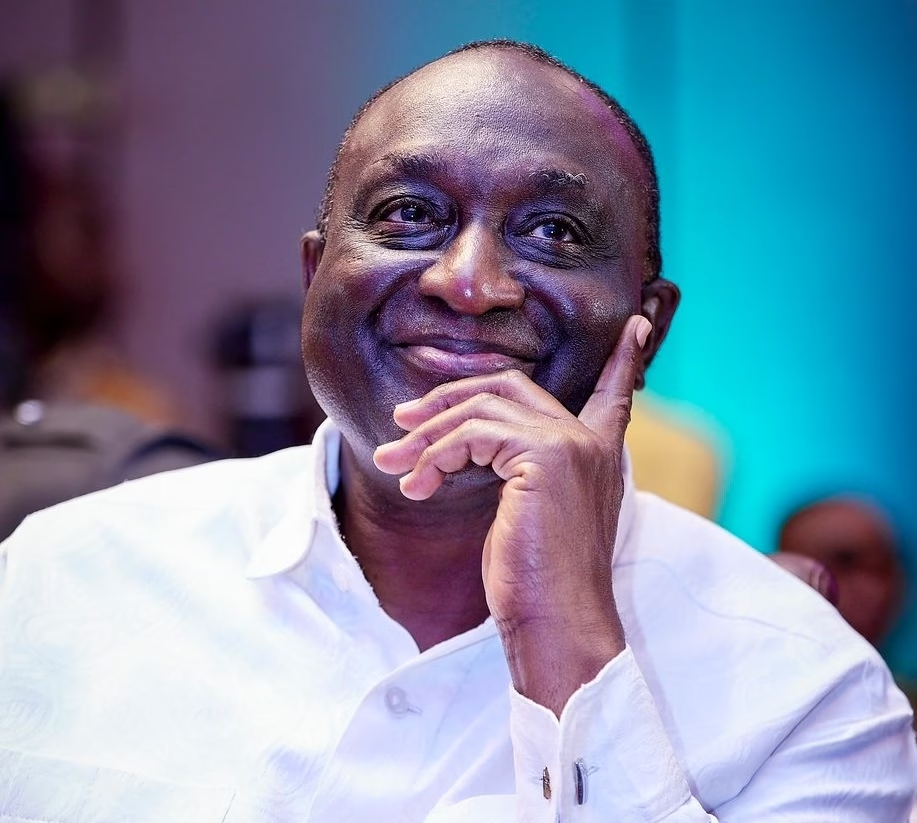Presidential aspirant Alan Kyerematen has unveiled an ambitious reform plan for Ghana’s Free Senior High School (SHS) programme, focusing on its long-term sustainability and effectiveness. Speaking during the Presidential Encounters 2024, Kyerematen emphasized the need for a comprehensive review of the policy, acknowledging its successes while addressing its limitations. He posed a key question: “After Free SHS, what next?”—arguing that the lack of structured pathways for graduates’ transition to higher education or the job market undermines the program’s full potential.
Alan Kyerematen’s Plan to Reform Free SHS Program
Kyerematen’s plan, part of his Great Transformational Plan (GTP), targets five key areas for reform: financial sustainability, infrastructure improvement, curriculum development, teacher capacity building, and creating clear pathways for graduates. He stressed the importance of securing the financial backing needed to sustain the Free SHS initiative, proposing a thorough evaluation of funding sources. He also called for addressing critical infrastructure deficits in schools, including overcrowded classrooms, inadequate dormitories, and lack of teaching facilities.
Alan Kyerematen proposal
The curriculum, Kyerematen pointed out, must evolve to equip students with skills relevant to today’s economy. He questioned whether the current Free SHS curriculum prepares students adequately for the job market or equips them with entrepreneurial skills. A key feature of his proposal is capacity building for teachers and administrative staff, emphasizing the importance of quality education and effective school management.
A crucial aspect of Kyerematen’s vision is providing graduates with practical training and job market readiness. He proposed a one-year mandatory apprenticeship and internship program that would offer hands-on training in artisanal and entrepreneurial skills. This initiative is designed to help students discover their talents and gain practical experience. For graduates interested in entrepreneurship, Kyerematen suggested access to government funding, mentorship, and business resources to support the growth of youth-led enterprises.
Additionally, he introduced the Health Screening Booths Scheme, a work-and-pay model where graduates could provide health services in underserved areas while earning an income. He also outlined a plan for dedicated recruitment pathways into national security services and financial support for those wishing to pursue higher education.
Alan Kyerematen further criticized the neglect of basic and pre-basic education, stressing that these foundational stages are essential for preparing students for secondary education and beyond. He also unveiled a digitalization initiative, promising to establish 100,000 free satellite internet hotspots across the country. These hotspots, strategically located at secondary schools and other key points, aim to enhance education, particularly for content creators who face high data costs.
Alan Kyerematen’s proposals aim to transform Free SHS from a program offering access to education into one that prepares students for a successful future, equipped with the skills, training, and opportunities needed to thrive. Through his GTP, he seeks to address the policy’s challenges and ensure that graduates are empowered to contribute meaningfully to Ghana’s development



